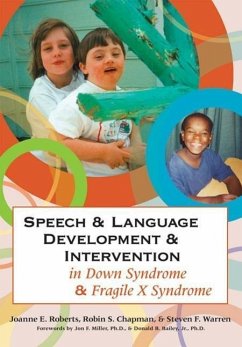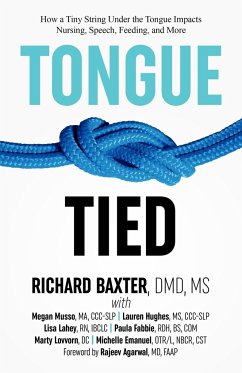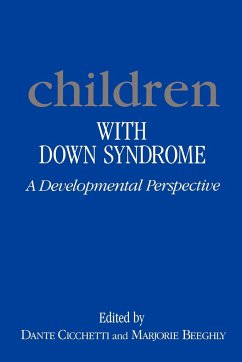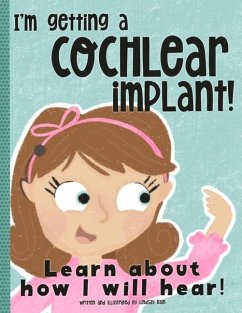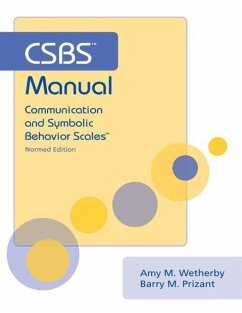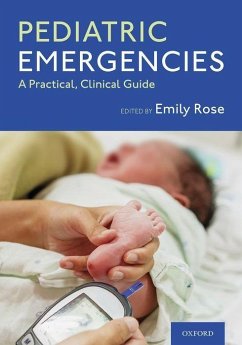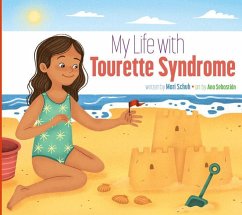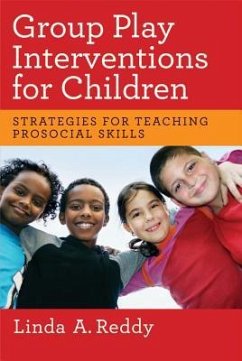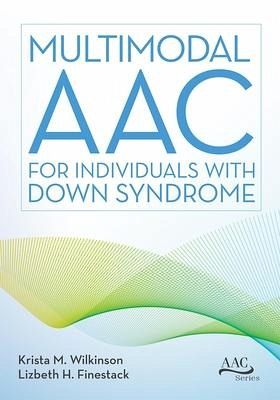
Multimodal Aac for Individuals with Down Syndrome
Versandkostenfrei!
Versandfertig in über 4 Wochen
46,99 €
inkl. MwSt.

PAYBACK Punkte
23 °P sammeln!
Examines the role of multimodal augmentative and alternative communication in supporting speech, language, and communication of individuals with Down syndrome, across the lifespan.




